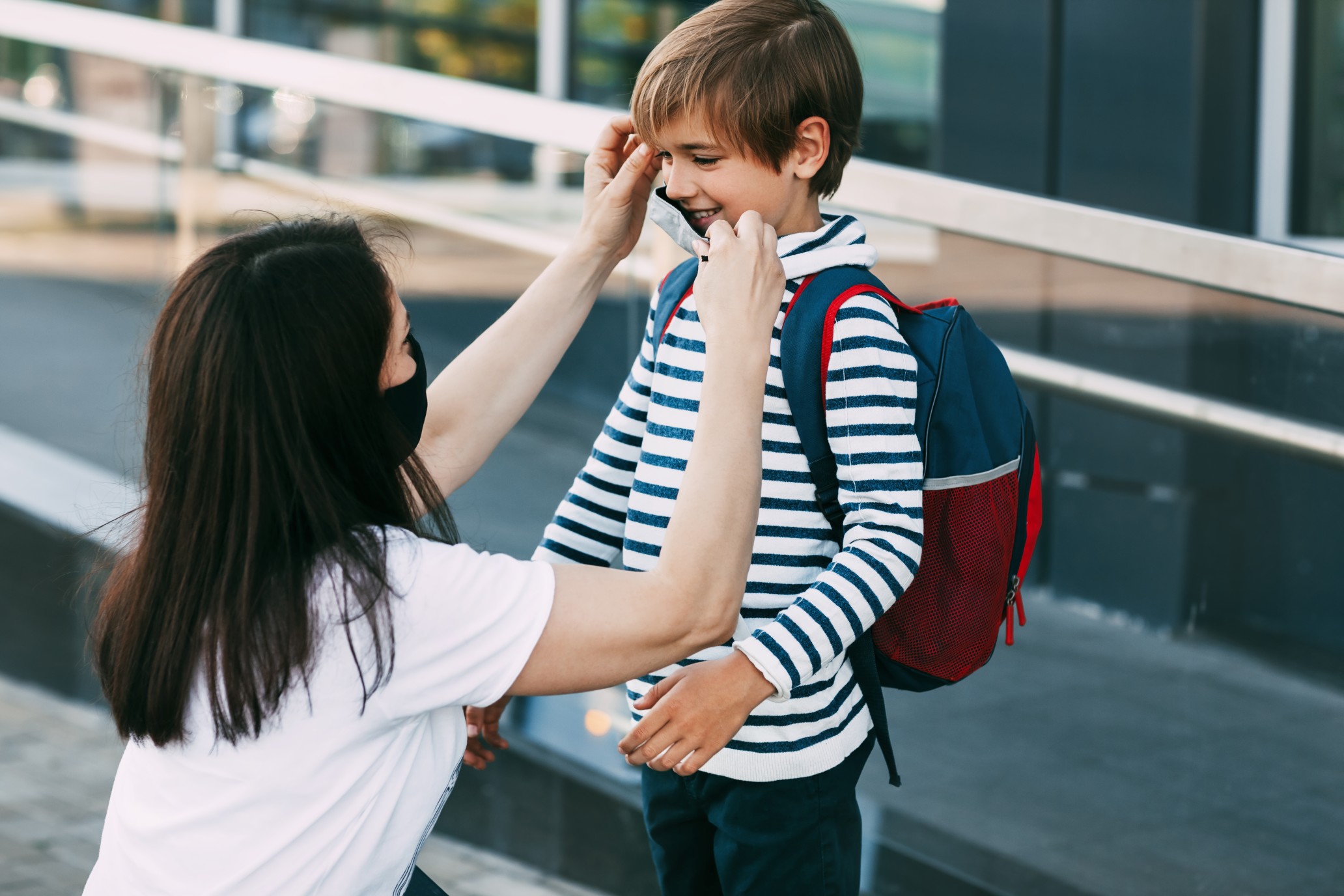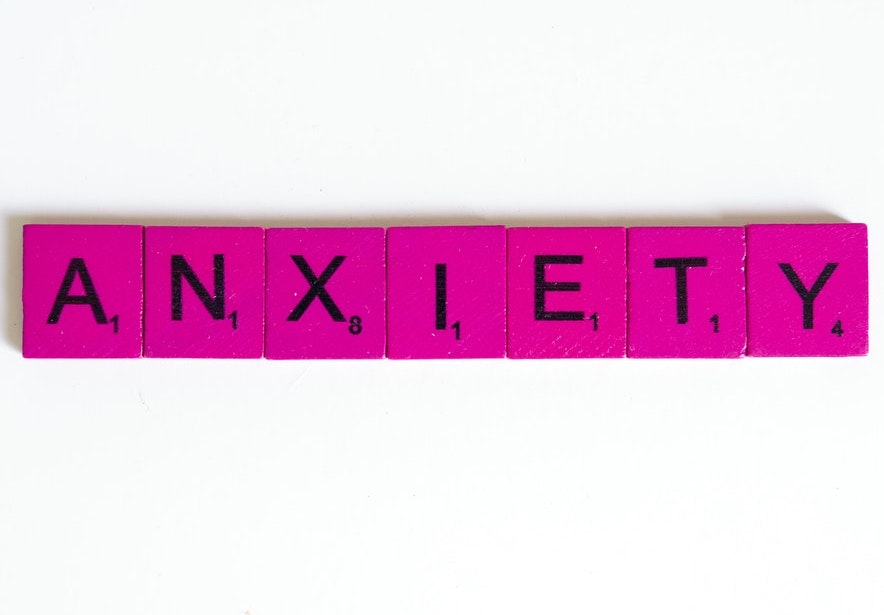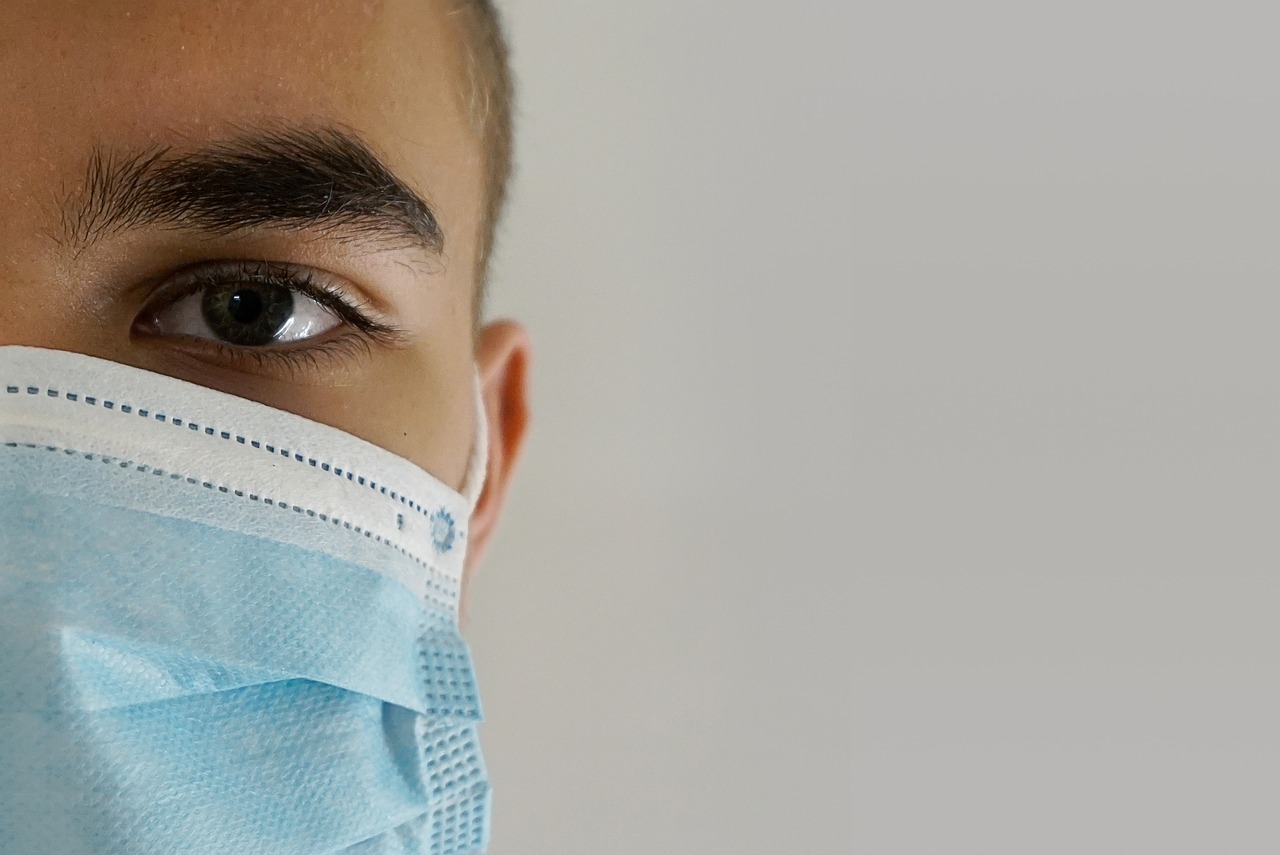How to Cope With Anxiety About Returning to Pre-Pandemic Life
 People around the world have anticipated the moment when life can return to “pre-pandemic normal.” But as that reality seems within sight, many are now feeling increased anxiety about getting back into life.
People around the world have anticipated the moment when life can return to “pre-pandemic normal.” But as that reality seems within sight, many are now feeling increased anxiety about getting back into life.
A recent survey from the American Psychological Association found that 49% of adults reported feeling uncomfortable about returning to in-person interactions when the pandemic ends. Even 48% of who have received the Covid vaccine report feeling the same way. Here’s why that’s happening and what you can do to ease your anxiety.
Covid lockdowns have increased social anxiety
People with social anxiety typically experience symptoms in situations like meeting new people, being put on the spot in a meeting, going on a job interview or even having to talk to a cashier in a store. This stems from a fear of being criticized or rejected by others, and can lead to avoidance of places where you have to encounter other people.
Most people have been staying at home and avoiding social interactions for the past year due to Covid guidelines — indeed there are very real dangers to being in public around other people. But this has also made us hyper-aware of our behavior in public, often in unproductive ways.
There’s still uncertainty
Despite the fact that we know more about Covid and there are three effective vaccines in use, “there’s still a lot of uncertainty about what’s going to happen with these new variants, and how long will these vaccines last and can someone be asymptomatic?” Vaile Wright, a clinical psychologist and the senior director of healthcare innovation at the APA, told APA podcast “Speaking of Psychology” on March 10.
The more uncertain things feel, the more fearful we become. With increased fear comes higher levels of anxiety, which can skew our perception of things.
“In the face of all that uncertainty, we become really ineffective at making good risk threat assessments,” Wright told the APA. “We have a tendency to either overestimate risk or underestimate risk, and that then translate into our behaviors.
How to feel at ease as we reenter work and society
First, it’s important to use the science and guidance from experts and the Centers for Disease Control as a blueprint for your behavior, and stay up-to-date as it changes. For example, the CDC recently updated its guidelines for people who have been fully vaccinated, saying that they can visit with other people who are also fully vaccinated and as some unvaccinated people indoors without wearing masks or social distancing.
Navigating other people’s comfort levels — like your friends, family members and coworkers — about returning to life can be challenging, Wright said. “I think we have a tendency to get judgmental just because somebody maybe sees something differently than we do,” she said. Decide what you are and aren’t comfortable doing based on your personal risk factors and where you live, and “unapologetically stick to it when someone challenges you on it,” she said.
It’s natural to feel nervous in new situations, but remember that negative emotions are not a sign you’re doing something wrong, Jennifer Shannon, a cognitive-behavioral therapist and author specializing in anxiety disorders told the Anxiety and Depression Association of America.
“Curb the urge to seek reassurance from others that you are doing the right thing,” Shannon wrote. “Getting reassurance reinforces the belief that if we do everything right, we will avoid criticism. True confidence comes from allowing for mistakes and accepting that we cannot please everyone.”
Excerpted from “Nearly 50% of people are anxious about getting back to normal, pre-pandemic life — here’s how to cope” from CNBC. Read the full article online.
Source: CNBC | Nearly 50% of people are anxious about getting back to normal, pre-pandemic life — here’s how to cope, https://www.cnbc.com/2021/03/21/coping-with-fear-anxiety-about-returning-to-pre-pandemic-life.html | © 2021 CNBC LLC
A screening can help you determine if you or someone you care about should contact a mental health professional. Care Managers can arrange a free 30-minute Care Consultation so you can explore options with an expert. Call or email our Care Managers at 650.688.3625 or careteam@chconline.org to set up an initial Consultation appointment.





